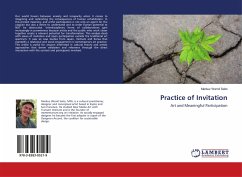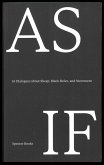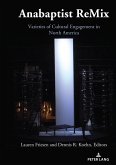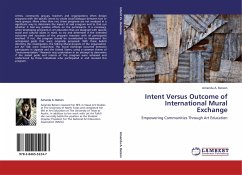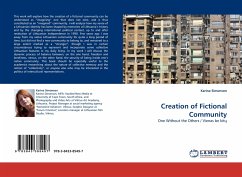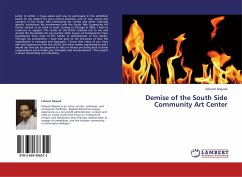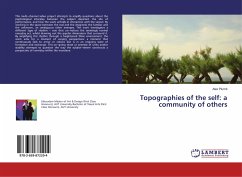Our world hovers between anxiety and incapacity when it comes to imagining and redirecting the consequences of human cohabitation. In this pretext meaning- and artful participation is not only an agent for the utopian but also a desire to understand and to order human potential to NOT be destructive. Interdisciplinary forms of collaborations gain increasingly in prominence because artists and the public who work closer together create a relevant potential for transformation. This analysis deals with issues of invitation and open participation outside the traditional art spectrum. It uses six case studies from Japan, Vietnam and Korea that exemplify a relational and social engagement in contemporary art practice. This article is useful for anyone interested in cultural theory and artistic approaches that derive validation and relevance through the direct interaction with the context and participants involved.
